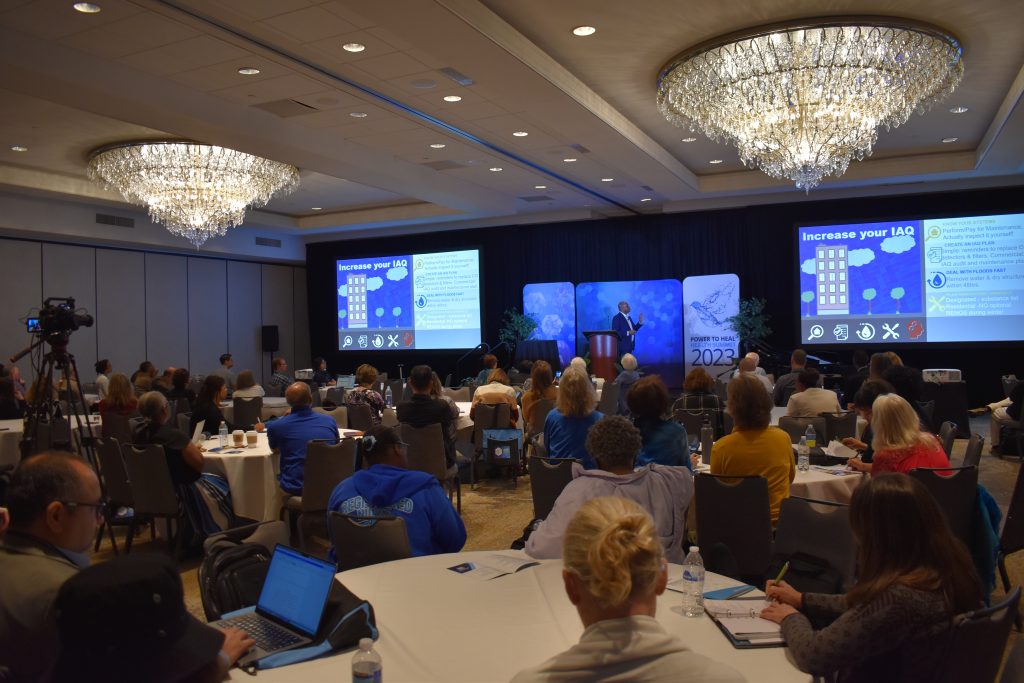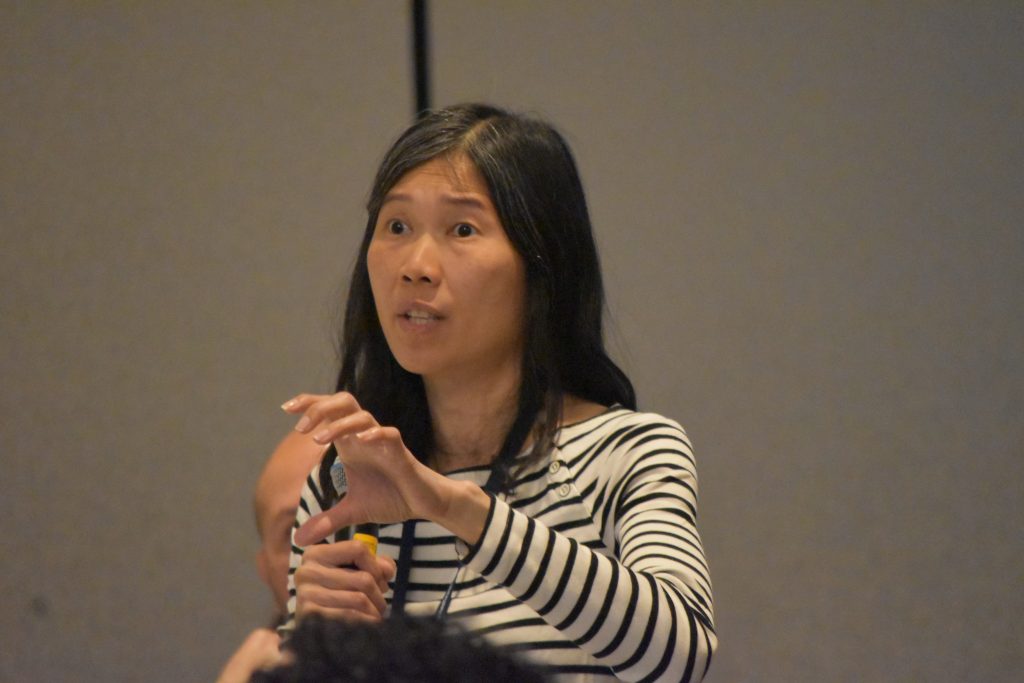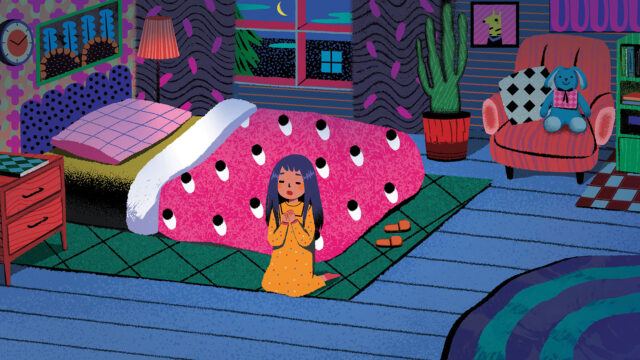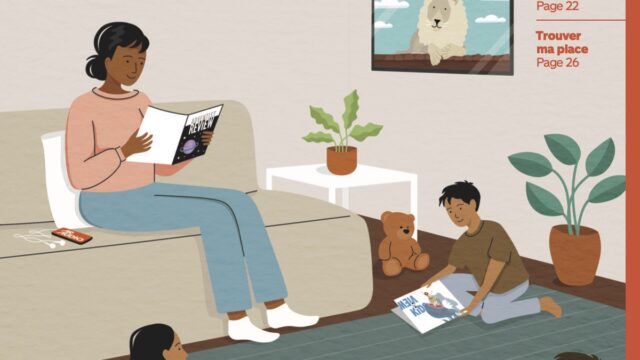Adventist expert explains what the risks of bad air quality are and what to do about it.

Shawn Ellis, a pastor with a previous career as a toxicologist and president of an environmental consulting company, gave a presentation on indoor air quality on April 3 at the North American Division Health Summit in Lexington, Kentucky, United States.
“How much time did the average person in North America spend indoors before COVID?” Ellis asked at the beginning of his presentation. “Seventy-five percent of a person’s time,” he said. “But during COVID, that went up to 100 percent!”
Harmful results of such confinement were to be expected. Ellis reminded his audience that, more than a century ago, Adventist Church co-founder Ellen G. White wrote in her book The Ministry of Healing that “to live in close, ill-ventilated rooms, where the air is dead and vitiated, weakens the entire system” (p. 274).
In the next 90 minutes, Ellis set out to explain why indoor air quality, or IAQ, is a key element in keeping physical, emotional, and mental health in optimum condition.
A Worrying Trend
Before the 1970s, there was not much of an IAQ problem, Ellis explained. An average building had one full air exchange per hour. But post-1970s, things changed. “We moved from 1.00 to 0.3, meaning that currently, you need almost three hours for the air outside to flush the air inside your building,” he said.
What prompted the trend? In the 1970s, energy became expensive, Ellis reminded attendees, and people insulated buildings to save energy and money. “We locked ourselves into whatever environmental issues our buildings had,” he said. “The result was a lot of health problems costing millions of dollars a year and billions of hours in lost work.”
It was a change that also impacted people’s psychological health, he said. From then on, for many people, things were never the same.
Hazardous Agents
Houses include chemical, physical, and biological agents that can impact your health, Ellis explained. A chemical analysis can determine what is in the air of a building.
“If I checked your home, I would find high hundreds of chemicals in your air,” he said. The list includes some agents hard to pronounce, such as dichloropropane, bromodichloromethane, and tetrachloroethene, to name a few. “Some of them are related to cleaning products, such as pine scents, for instance. Those are not necessarily bad, but [their] effects depend on a person’s sensitivity.”
This is sometimes the problem with new cars or new couches, Ellis said. “We must open the windows and ventilate the car or room well, because sometimes we are sitting in a large chemical soup, and we don’t know it. And yes, some chemicals seem to be carcinogenic,” he said.
Ellis shared the case study of a husband and wife in their late 60s who lived in an older apartment. They couldn’t sleep at night and suffered recurring headaches. But doctors couldn’t find any medical cause.
Eventually, Ellis was called to perform an IAQ assessment. He found that there was very little air movement in the apartment and that the ambient temperature reached 77 °F (25 °C). Total volatile organic compounds (TVOC) were high due to off-gassing — chemicals emitted from newly produced materials — and pressurization — pressure caused by a building’s ventilation system.
The solution found included removing plastic coverings and taking advantage of natural heat to accelerate off-gassing. “We also added additional exhaust, and very soon, their health issues were resolved,” Ellis said.
Physical and Biological Agents
Physical agents include the relative humidity (the amount of moisture in the air). It can have a harmful effect. “For some, it’s just dry skin,” Ellis said. “For sensitive people, it can become worse.”
He shared the case study of a mother in her early 40s with recurring respiratory problems in winter. She was the only one in the family affected, and a TVOC analysis revealed levels to be normal. In this case, it was found that heating and insulation made their house extremely dry, something that can be an irritant and even increase the possibility of infection. In this case, purchasing a relative humidity thermo-hygrometer and a portable humidifier helped turn things around and improve her condition.
Other physical agents that can affect a building include radon radiation levels and asbestos, both known to be connected to cancer.
Biological agents such as molds and fungi can also affect IAQ. They are not bad in themselves since they are “God’s recycling system,” Ellis explained. Inside your home, however, they can result in health risks due to airborne spores, which, depending on the quantity and a person’s sensitivity, can become allergenic and toxic. It can even result in psychological effects, he said.
Ellis shared the case of a work-at-home dad living in an older home who was suffering ill-defined symptoms. He was the only one affected. His family thought he was faking it. “My dad is just crazy and lazy,” a son told Ellis when he tried to find out what was going on.
After Ellis and his team performed an analysis of the home, they discovered that behind most tiles and the siding, the house was full of mold and fungi. The team then applied a solution like the one God commanded Israel to follow in Leviticus 14:41, to “have the inside of the house scraped all around, and the plaster that they scrape[d] off … pour[ed] out in an unclean place outside the city” (ESV). The symptoms of the man disappeared, and family harmony was restored.
How to Increase Your IAQ
The good news is that all of us can contribute to improving our IAQ, Ellis said. First, he recommended that we know our systems. It is something that includes performing and paying for building maintenance and also inspecting the building ourselves, he said.
“You should also create an IAQ plan,” Ellis added, “including replacing CO [carbon monoxide] detectors and filters.”
In the case of flooding, Ellis recommended removing water and drying the structure of the building within 48 hours.
Finally, he said, it is important to plan renovations carefully, knowing the substances and materials to be involved in the project and avoiding optional renovations in winter.
“Overall, remember to use your senses,” Ellis said. “Never forget that IAQ is a critical part of your overall health.”











